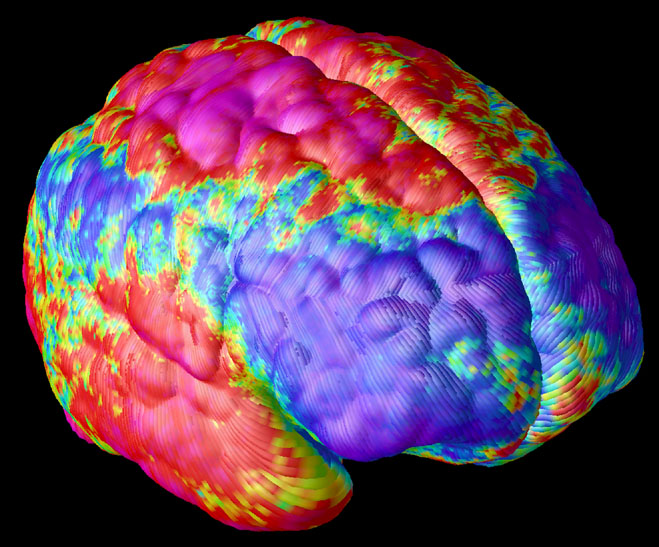In trying to understand the mysteries still surrounding schizophrenia, scientists may have just had a significant breakthrough.
Per a recent report from New Scientist, Dr. Daniel R. Weinberger and his team from the Lieber Institute of Brain Development in Maryland sought to find out if genetics played a role in why only some people whose mothers experienced complications during pregnancy eventually went on to develop schizophrenia.
In order to find their answer, Dr. Weinberger and his team looked at several pregnancy complications, including fetal growth restriction, infections, pre-eclampsia and other issues that may emerge during the event of childbirth.
After conducting the study that involved nearly 2,900 people — some of whom had schizophrenia, some of whom did not but still shared certain similarities — Dr. Weinberger and his team discovered that the 108 genetic regions in a person’s DNA that have been found previously to be connected to raising the risk of developing schizophrenia are also linked to whether or not people experienced complications in the womb or during childbirth.
To be more specific, the researchers discovered that around half of those genetic regions seem to be linked to how the placenta functions. Some of those regions also house genes that become active during pre-eclampsia and fetal growth restriction.
According to Elizabeth Tunbridge of the University of Oxford, the study could mean that if the fetus is accompanied by a “less efficient placenta,” then the fetus may not be receiving the…
… Read More
Click Read More to read the rest of the story from our content source/partners – The Christian Post.
